

Evacuation in an Emergency
You must let us know if you need help to evacuate in the event of a fire.
If you would need help to evacuate in the event of a fire, you must tell us. This could be because of a disability, a sensory impairment or if you have reduced mobility. We want to understand what support you would need and put an appropriate support plan in place for you.
If your evacuation needs change temporarily, please also inform us so we can update the information we hold for you.
If you feel that you would need assistance, please phone us on 0800 678 1894 or email us at buildingsafety@torus.co.uk.

Reporting a building safety concern
If you believe there is an immediate risk to life or property - for example, a fire in progress, the smell of smoke, a gas leak, or a sudden structural issue such as a collapse - call 999 straight away.
For non-emergency concerns, contact us on 0800 678 1894 or email buildingsafety@torus.co.uk
Torus' high-rise buildings
Buildings are classed as high-rise if they are either more than 18 metres in height or have at least 7 storeys and have at least two residential units. Click on your building to view a summary of the Building Safety Case Information:
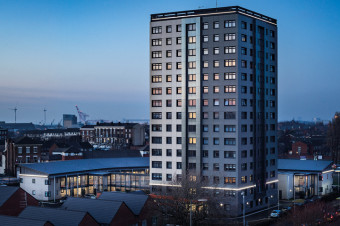
Marwood Towers, Liverpool

Baden House, Liverpool

Kingsway House, Warrington

Roebuck Plaza, Warrington
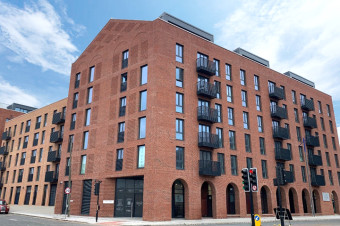
Stanley Wharf, Liverpool
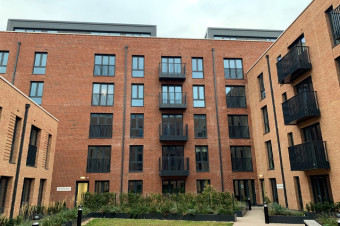
Wellington Wharf, Liverpool
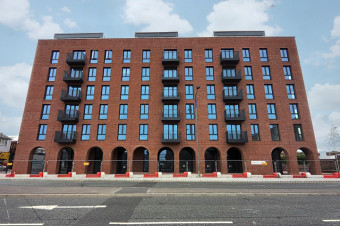
Princes Wharf, Liverpool
How we keep our buildings safe
We carry out regular inspections, maintenance, and testing to make sure the building remains safe for all residents.
This includes:
Fire alarms, smoke detectors, sprinklers, and emergency lighting are tested regularly.
Structural inspections of the building fabric - which can include walls, floors, windows, roofs and doors - are done periodically.
Records of the materials used in external walls and cladding are held and reviewed.
A full Safety Case Report has been prepared and submitted to the Building Safety Regulator. This demonstrates how building risks are identified, controlled, and monitored.
We want you to feel confident and informed about your home's safety. Within 10 days of moving into a high-rise flat, and every year after that, we will send you a letter with important building safety information, tailored to your building.
It includes helpful advice and guidance on things like:
- Fire safety measures in your building
- What to do if there is a fire
- Fire detection systems that are in place
- Regular safety checks
- Fire door safety
- How to prevent balcony fires
This information can also be found on high-rise noticeboards.
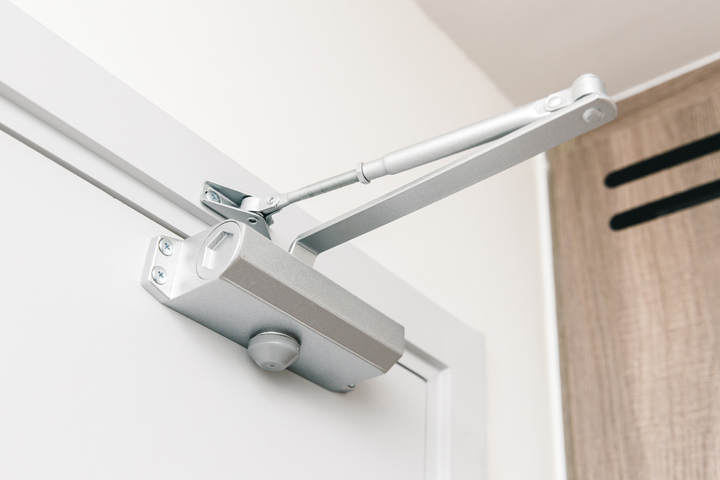
Resident responsibilities
You have an important role in maintaining safety.
Please:
- Keep corridors and escape routes clear.
- Do not alter or remove fire doors or closers.
- Report damaged safety equipment or hazards immediately.
- Inform us if you make any internal alterations that might affect safety.
- Allow access for safety inspections when requested.
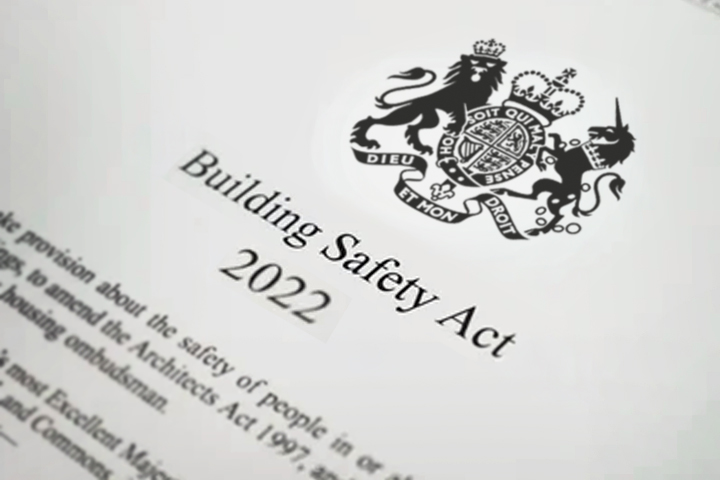
Your rights under the Building Safety Act 2022
Under the Building Safety Act 2022, you have the right to:
- Access accurate and up-to-date information about your building’s safety.
- Be consulted about safety-related decisions that affect you.
- Raise safety concerns without fear of unfair treatment.
- Escalate unresolved safety complaints to the Building Safety Regulator.
Under the Building Safety Act, you have the right to request certain building safety information.
You can ask for:
- The resident engagement strategy
- The complaints procedure
- The fire risk assessment
- The latest safety inspection reports
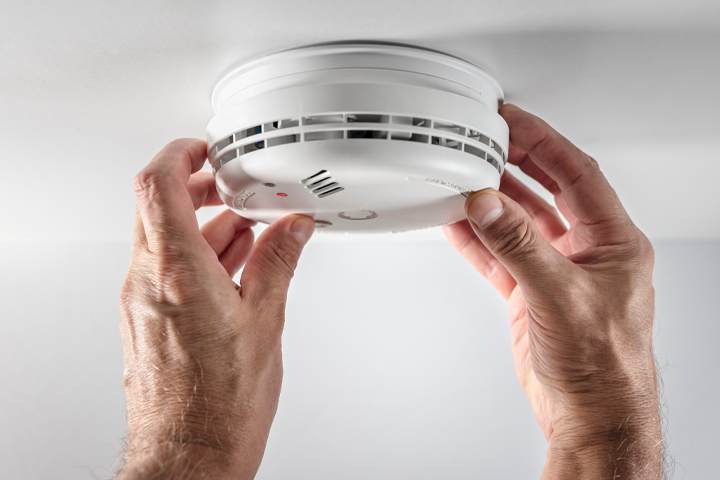
Flat blocks top safety tips
- Don’t store personal belongings in communal areas and stairways
- Keep balconies free from combustible items
- Never use a barbecue on your balcony
- Make sure smoke alarms in your flat are tested regularly and work
- Don’t overload electrical sockets or extension leads
- Don’t leave cooking unattended
- Fully extinguish cigarettes and candles after use
- Keep exits and communal areas free from clutter
- Report any obvious signs of damage or wear and tear to the front door of your flat
- Don’t wedge open fire doors
- Avoid charging phones or tablets overnight
- Don’t disconnect your flat entrance doors self-closing device
- Only use chargers designed for the appliance and switch off when not in use